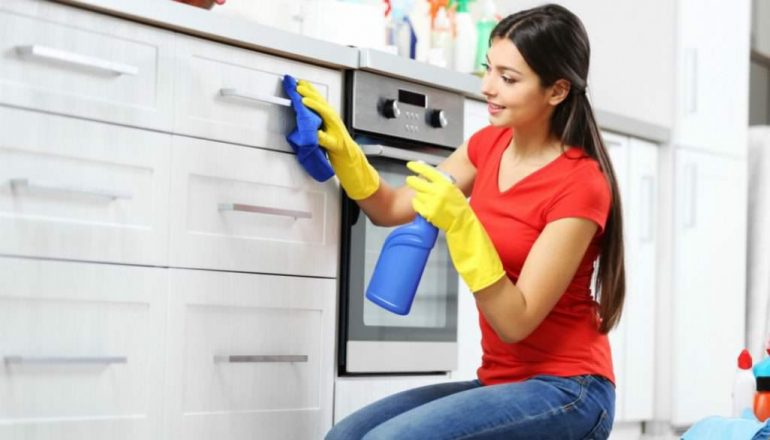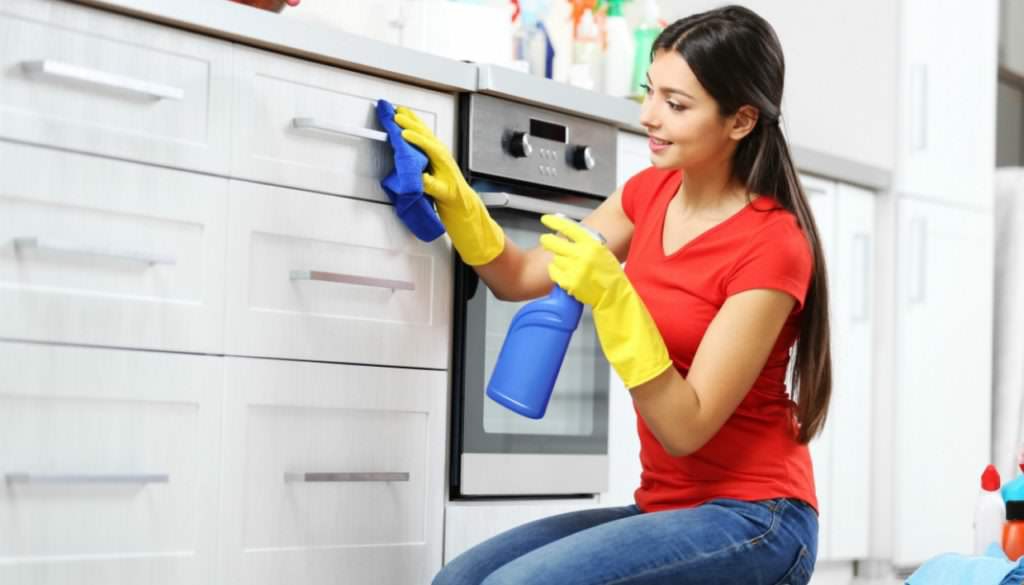Due to the coronation, we need to be even more meticulous, both with personal hygiene and with the cleanliness of the house. In fact, there are many places in the house, but also objects that collect a lot of germs and can become dangerous to our health.
Three of them are in the kitchen, which are the dirtiest items in it and if you are not careful, they can become dangerous to your health. And especially at this time, you need to be very careful and clean them daily and commentary.
See what they are:
Sink
Colobacteria were found in 44% of kitchens, while their relative cochlear enzymes were found in 15% - mainly in samples collected by researchers in or around the kitchen sink. As the experts explain, wet kitchen surfaces are also the most dangerous, since humidity is a factor that facilitates the growth and spread of germs.
Cutting boards
Cutting boards come in contact with many different foods, so it's important to wash them often and properly - ideally after contact with any different food but especially after cutting vegetables without washing them or raw meat. About one in four (4%) of the cutting boards examined by researchers were dirty, while many more (23%) were too worn, with deep scratches and cracks on their surface, places where bacteria could easily hide.
Towels & sponges
In a survey of about 45% of homes, at least one pathogen was found to be transmitted through food and, compared to other parts of the kitchen, dish sponges carried the largest microbial load - 64% of what was studied was infected with bacteria. "Sponges are a reservoir of bacteria," he said
"But the worst thing is that if there are bacteria of staphylococcus or coliform bacteria in the sponges or on the kitchen towels, it is possible that they are present in other parts of the kitchen as well. If we use sponges and towels to clean the counter or other places, then the bacteria will spread, "adds the professor.

